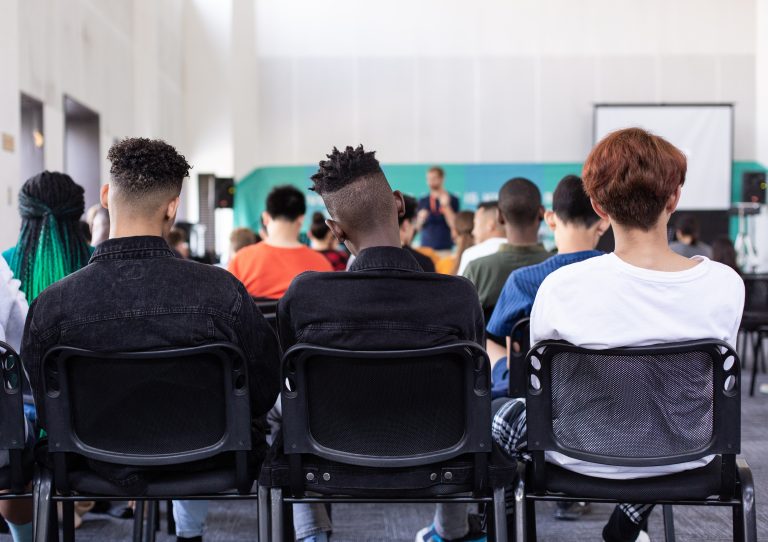This exploratory research on a previously neglected topic uses qualitative methods to capture participants’ experiences, feelings and strategies related to the pronunciation of student names in contexts of student populations that are increasingly culturally, ethnically and linguistically diverse and higher education policies and practices concerned with enhancing engagement, ensuring success for all, decolonising the university, and widening participation. Key research questions explored are: (1) What are the existing policies and practices within English universities about the pronunciation of student names? (2) What are the experiences, understandings and strategies of students whose names may be subject to mispronunciation by university staff? (3) What are the experiences, understandings and strategies of teaching staff and professional services staff regarding the pronunciation of student names? The research has produced new knowledge about name-related experiences in the context of culturally diverse undergraduate student populations in higher education in England.
Project outputs include ways forward for institutional policies and practices aimed at improving student experiences of higher education, especially in terms of equality, diversity, widening participation and engagement issues, and to broader discussions about respecting culturally diverse identities and de-colonising the university.
Resources required:
- Time/resources to commit to introducing to current curricula.
Available evidence of impact:
- Safe space to talk about pronunciation and getting it right.
- Students and staff feeling valued and not homogenised.
Links to available resources:
Implementation and potential challenges:
- Follow guideline and project routes such as audit of existing policies or where there are gaps currently.
- Engagement/commitment.
How to Use:
- Refer to NTU’s pronunciation guidelines.
- Audit existing institutional policies and practices in relation to mispronunciation.
- Engage with conversations and dialogue in relation to decolonising the institution and respecting culturally diverse identities of staff and students.




